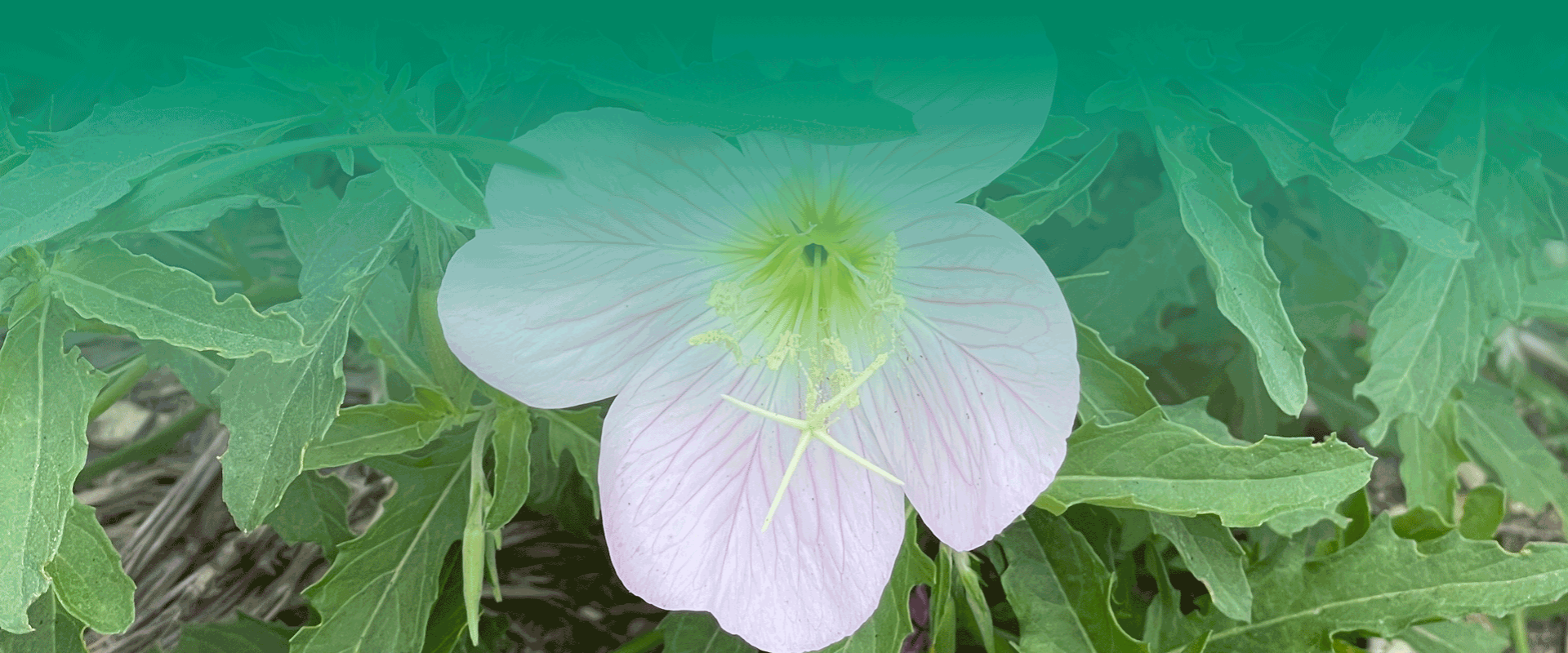
Sustainable gardening is an approach to gardening that emphasizes the use of practices that are environmentally friendly, economically viable, and socially responsible. This type of gardening aims to minimize negative impacts on the environment, conserve natural resources, and promote a healthy and diverse ecosystem.
Soil health is a critical component of sustainable gardening, as it is the foundation upon which all plant growth takes place. A healthy soil ecosystem is crucial for the long-term health and productivity of a garden, and it is essential for maintaining the balance of nutrients and other essential components that plants need to thrive. Soil health is important in sustainable gardening as it is directly related to the growth and health of plants. A healthy soil provides the essential nutrients and water that plants need to grow and produce fruit or flowers.
A healthy soil is home to a diverse community of microbes, insects, and other organisms that help to maintain a balanced ecosystem. These organisms play an important role in decomposing organic matter, cycling nutrients, and suppressing pests and diseases.

Water retention is one of the products of healthy soil. When garden soil has the ability to retain water and prevent runoff, it helps to conserve water and reduce the need for frequent watering. This is especially important in dry or drought-prone areas. It also helps to reduce soil erosion by improving the structure and stability of the soil. This reduces the risk of soil loss and degradation, which can lead to degradation of the soil’s fertility and productivity. When soil is healthy, it is better equipped to withstand stress and change, such as drought, floods, and other environmental challenges. By promoting soil health, you can help to increase the resilience of your garden and reduce the risk of crop failures.
Another important aspect of sustainable gardening is water conservation. Sustainable gardening emphasizes the use of water-saving techniques, such as drought-tolerant plants, mulching, and rainwater harvesting. Other techniques include grouping plants with similar water needs together to avoid overwatering, as well as utilizing water-saving techniques such as drip irrigation This helps to conserve one of our most precious natural resources and reduce the impact of watering on the environment.
Sustainable gardening also reduces the use of pesticides. It promotes the use of integrated pest management (IPM) strategies, which minimize the use of harmful chemicals and instead rely on biological controls and other non-toxic methods to manage pests and diseases. IPM is a science-based decision-making process used to prevent or reduce pest damage to an acceptable level. The ultimate goal of IPM is to manage pests with the least possible disruption to the environment, human and animal health, and the economy. IPM programs use current, comprehensive information on the life cycles of pests and their interaction with the environment. This information is used to manage and prevent pest damage by the most economical means, and with the least possible hazard to people, property, and the environment.

Promoting earth biodiversity is another goal of sustainable gardening. It emphasizes the importance of promoting biodiversity in the garden, including planting a variety of plants to support pollinators, birds, and other wildlife. This helps to create a healthy and resilient ecosystem that can withstand stress and change.
Sustainable gardening also places a great deal of emphasis on energy efficiency. It promotes the use of energy-efficient techniques, such as using tools powered by renewable energy sources, to reduce the carbon footprint of the garden.
Sustainable gardening is a great way to help protect and preserve the environment while also providing a variety of benefits. Sustainable gardening practices help conserve water and energy, reduce the need for chemical fertilizers and pesticides, and protect the health of the soil and natural habitats. Additionally, sustainable gardening can help reduce air and water pollution, increase biodiversity, and create a healthier environment for both humans and wildlife. Sustainable gardening also helps create a more beautiful landscape, increases the availability of fresh, healthy food, and can even help reduce global warming. Finally, sustainable gardening can provide a sense of satisfaction and joy that comes from being able to take part in protecting and preserving the environment.



I am genuinely glad to glance at this website posts which contains
plenty of valuable data, thanks for providing these statistics.
Our apology for the late reply. Thank you for sharing your comment regarding the content of our site. We hope that you will return and share your experiences of what has worked in the garden. Your feedback is invaluable.
I just wanted to compose a quick word to be able to thank you for these awesome advice you are sharing here. My rather long internet investigation has at the end of the day been rewarded with reliable tips to write about with my best friends. I ‘d declare that most of us visitors actually are unequivocally endowed to dwell in a very good place with very many special individuals with useful hints. I feel truly lucky to have seen your weblog and look forward to so many more fabulous minutes reading here. Thanks once again for all the details.
How very pleased to hear that you found our site informative and worthy of sharing with your best friends. We strive to offer something interesting and informative for everyone and genuinely want to share our experiences and love for the garden and plant life in general. We hope you will return again and share your experiences in the home and garden with our readers. We truly want to “grow” together and make our world a more vibrant place in which to live.